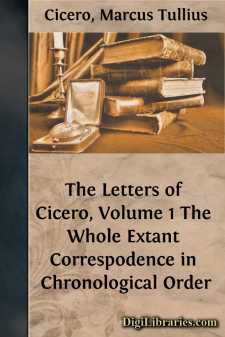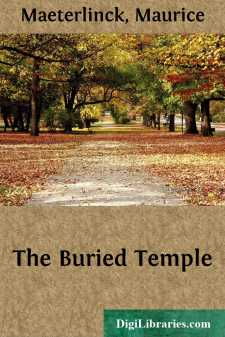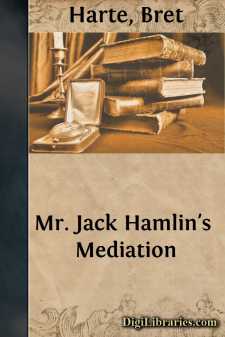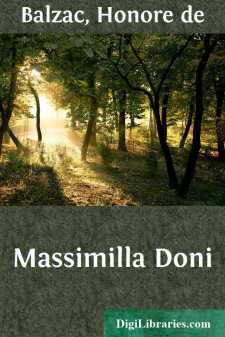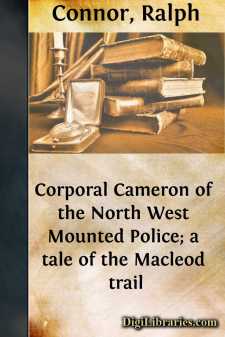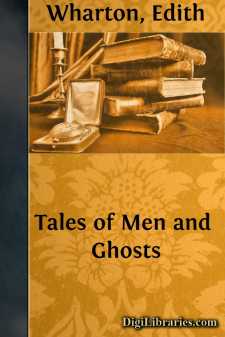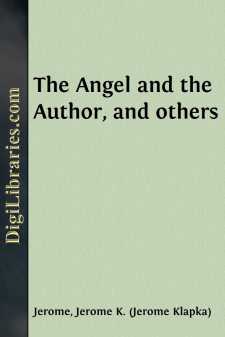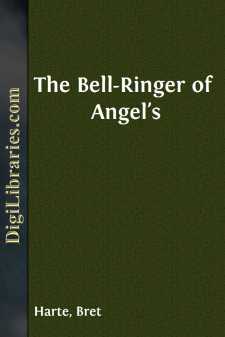Literary Collections
- American 84
- Ancient, Classical & Medieval 14
- Asian 1
- Australian & Oceanian 1
- Canadian 55
- Continental European 121
- English, Irish, Scottish, Welsh 179
- Essays 160
- General 24
- Letters 46
- Middle Eastern 1
Literary Collections Books
Sort by:
PREFACE The object of this book is to give the English-speaking public, in a convenient form, as faithful and readable a copy as the translator was capable of making of a document unique in the literature of antiquity. Whether we regard the correspondence of Cicero from the point of view of the biographer and observer of character, the historian, or the lover of belles lettres, it is equally worthy of...
more...
THE MYSTERY OF JUSTICE 1 I speak, for those who do not believe in the existence of a unique, all-powerful, infallible Judge, for ever intent on our thoughts, our feelings and actions, maintaining justice in this world and completing it in the next. And if there be no Judge, what justice is there? None other than that which men have made for themselves by their laws and tribunals, as also in the social...
more...
by:
Bret Harte
MR. JACK HAMLIN'S MEDIATION At nightfall it began to rain. The wind arose too, and also began to buffet a small, struggling, nondescript figure, creeping along the trail over the rocky upland meadow towards Rylands's rancho. At times its head was hidden in what appeared to be wings thrown upward from its shoulders; at times its broad-brimmed hat was cocked jauntily on one side, and again the...
more...
by:
Honore de Balzac
MASSIMILLA DONI As all who are learned in such matters know, the Venetian aristocracy is the first in Europe. Its Libro d'Oro dates from before the Crusades, from a time when Venice, a survivor of Imperial and Christian Rome which had flung itself into the waters to escape the Barbarians, was already powerful and illustrious, and the head of the political and commercial world. With a few rare...
more...
I "Such hair! Such eyes! Such color! Laugh if you will, Whittemore, but I swear that she was the handsomest girl I've ever laid my eyes upon!" There was an artist's enthusiasm in Gregson's girlishly sensitive face as he looked across the table at Whittemore and lighted a cigarette. "She wouldn't so much as give me a look when I stared," he added. "I couldn't...
more...
by:
Ralph Connor
CHAPTER I THE QUITTER "Oh-h-h-h, Cam-er-on!" Agony, reproach, entreaty, vibrated in the clear young voice that rang out over the Inverleith grounds. The Scottish line was sagging!—that line invincible in two years of International conflict, the line upon which Ireland and England had broken their pride. Sagging! And because Cameron was weakening! Cameron, the brilliant half-back, the...
more...
by:
Edith Wharton
"WHAT'S become of the Daunt Diana? You mean to say you never heard the sequel?" Ringham Finney threw himself back into his chair with the smile of the collector who has a good thing to show. He knew he had a good listener, at any rate. I don't think much of Ringham's snuff-boxes, but his anecdotes are usually worth while. He's a psychologist astray among bibelots, and the...
more...
At a time like the present, when in the opinion of many the great literatures of Greece and Rome are ceasing to hold the influence that they have so long exerted upon human thought, and when the study of the greatest works of the ancient world is derided as "useless," it may be too sanguine to hope that any attention can be paid to a literature that is quite as useless as the Greek; which deals...
more...
CHAPTER I I had a vexing dream one night, not long ago: it was about a fortnight after Christmas. I dreamt I flew out of the window in my nightshirt. I went up and up. I was glad that I was going up. “They have been noticing me,” I thought to myself. “If anything, I have been a bit too good. A little less virtue and I might have lived longer. But one cannot have everything.” The...
more...
by:
Bret Harte
CHAPTER I. Where the North Fork of the Stanislaus River begins to lose its youthful grace, vigor, and agility, and broadens more maturely into the plain, there is a little promontory which at certain high stages of water lies like a small island in the stream. To the strongly-marked heroics of Sierran landscape it contrasts a singular, pastoral calm. White and gray mosses from the overhanging rocks and...
more...


